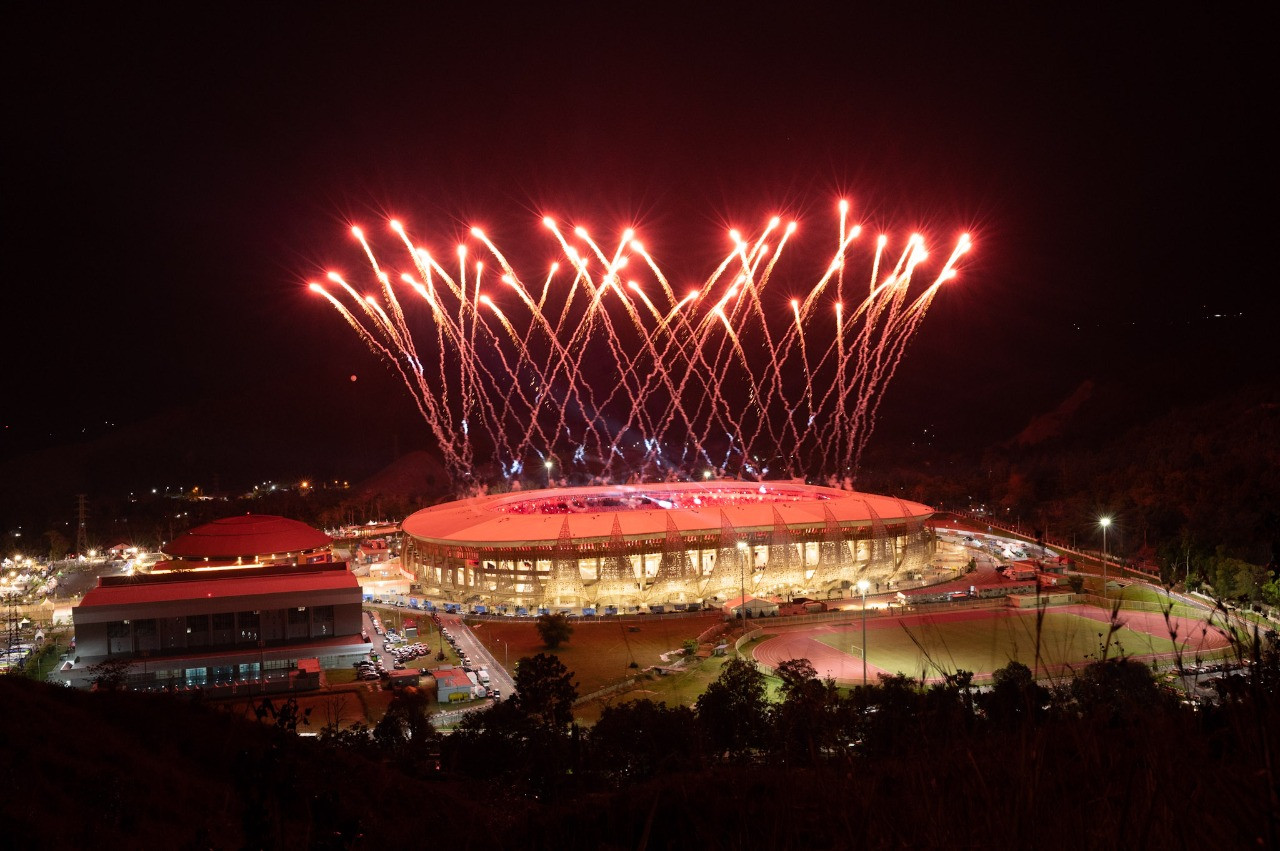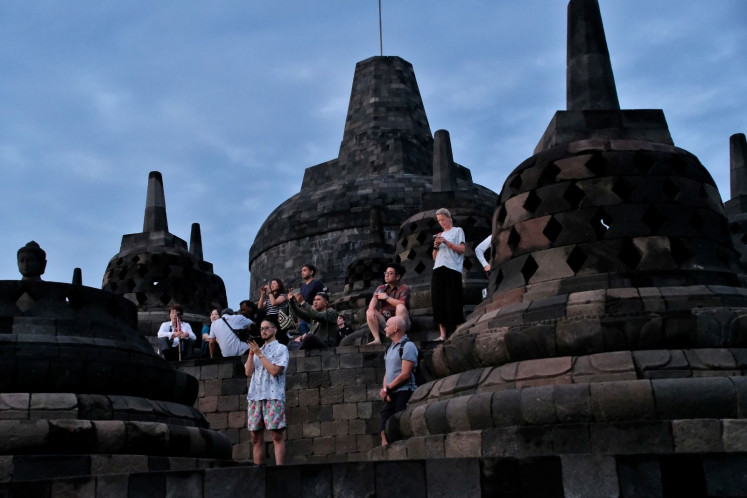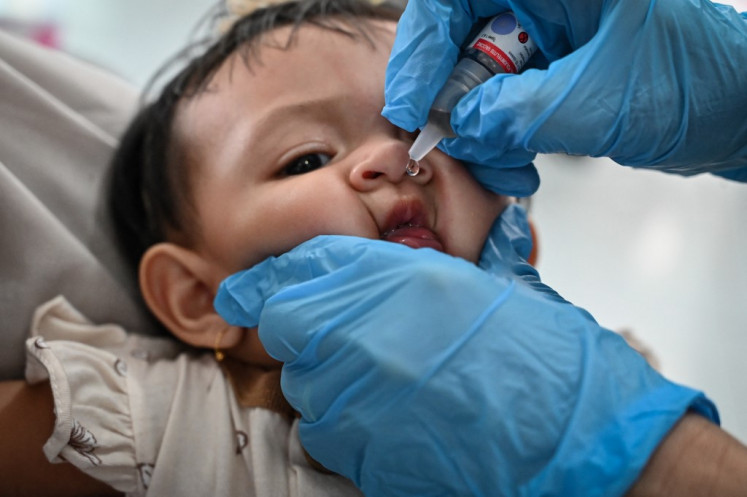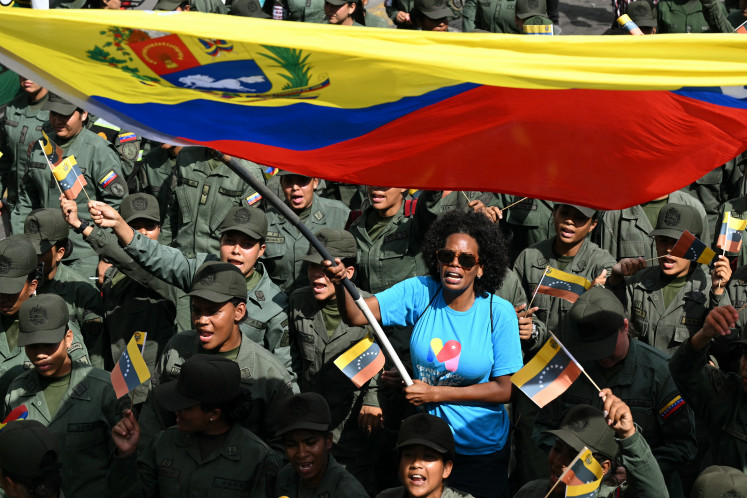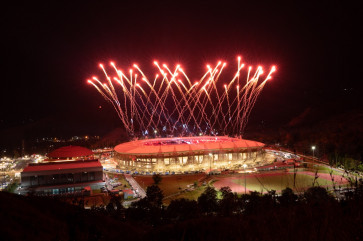Popular Reads
Top Results
Can't find what you're looking for?
View all search resultsPopular Reads
Top Results
Can't find what you're looking for?
View all search results‘Politics of recognition’ needed for the betterment of Papua
The sporting event has served as a mediating structure that transforms Papua’s “marginalization and alienation” into “recognition”.
Change text size
Gift Premium Articles
to Anyone
P
apua is commonly linked with human rights violations, under-development, discrimination, racism and questions about the history of integration. However, from Oct. 2 to Oct. 15, Papua hosted the 20th National Games (PON), which received praise from both the domestic and international communities for its “elegant and luxurious” organization, supported by the establishment of world-class sport infrastructure and facilities.
In such case, PON in Papua could be seen as “a new deal for Papua”, as the sporting event has served as a mediating structure that transforms Papua’s “marginalization and alienation” into “recognition”.
Theoretically, the politics of recognition have played an important role in the fight of marginalized and minority groups in Papua who have seen themselves as both unequal and distinct from a dominant majority within the nation state. The recognition could further promote Papua as an “integral” part of Indonesia and instil a sense of pride given Papua’s capacity to hold a successful national sporting event. This recognition was complemented by the host province’s success in finishing fourth among 34 provinces in the medals tally.
PON also provided opportunities to people – athletes, officials, spectators – from outside of Papua to experience Papua and its diverse cultures. The event also allowed outsiders to interact with indigenous Papuans, to understand local people’s characters and therefore debunk the bleak narrative and image about Papua. From the economic perspective, PON stimulated the local economy.
Prior to the 20th PON, efforts to solve Papua’s complexity provided minimum breakthroughs despite massive infrastructure development initiated by President Joko “Jokowi” Widodo. Ironically, the huge infrastructure development and the revision of the Special Autonomy Law were not seen by the majority of Papuans as satisfactory solutions. Demands for fair resolution of past human rights violations, an end to violence, racism and discrimination, revisiting the history of integration, which all leads to the demand for a referendum, remain prominent agendas and could be seen as the manifestation of a struggle to achieve recognition. The essence of such grievances stem from the prolonged notion of Indonesia’s “mistreatment” of Papua.
In connection with the situation, the Centre for Strategic and International Studies (CSIS) conducted research into what young Papuan people say about their identity. I was intrigued to ask my respondents what “Indonesia” meant to them.
A Papuan student at one private university in Yogyakarta, for example, firmly stated that Papua is not Indonesian. Papua is only a territory “within” Indonesia with no emotional bond. She clearly highlighted the differences in race as one reason. Papuans are Melanesian and the rest of the Indonesian people are Malay.

